What’s Gone Wrong–and How Can We Fix It?
Blog Series: Mission Creep (part 2)
Larry Osborne
God expects us to be spiritually contagious.
He desires that those who hang around us will see our good deeds and
glorify Him on the day He visits. [iii] Yet, too often today, the world
that hangs around us seems to see something else. And what they see
doesn’t draw them. It repels them.
Those who love the darkness will always reject and ridicule those who
bring the light. It’s nothing new. It shouldn’t surprise us when we are
rejected or persecuted. It happened to Jesus and the early church. It
will happen to us.
But at the same time, as Jesus and the early church were being
persecuted they were also drawing people to themselves. They were
contagious, so much so that the early church exploded with growth
despite fierce Roman, Jewish and Satanic opposition.
So what’s happened today?
Why does the Western church see the persecution and rejection without
the corresponding contagious attraction and growth? How is it that
we’ve become either irrelevant (a quaint historical preservation
society) or repulsive (a narrow-minded and intolerant slice of society)
in the eyes of our peers?
To understand what’s gone wrong and what we can do to fix it, it’s
helpful to compare evangelism and discipleship in the church today with
what God originally intended. We’re supposed to be a church where three
things happen: (1) Evangelism is natural, (2) People are changed, and
(3) Our communities are made better.
Let’s look at each one of these traits more closely to see what’s gone wrong.
Evangelism Is Supposed to Be Natural—Not Contrived
When all is well, evangelism happens naturally, whether it means
articulately sharing Christ directly or simply inviting our lost friends
to come and see Christianity in action. When Christ has genuinely been
set apart as Lord, people will be drawn to Him. They will want to find
out more.
Unfortunately, the better we’ve gotten at producing evangelistic
programs and special events, the more we’ve lost the art of natural
conversation and the simple form of come-and-see evangelism that
revolves around the timing of God’s work in the lives of our lost
friends— instead of our church’s schedule of special outreach events.
As a result, most modern-day recorded decisions for Christ are the
result of some sort of special outreach events. That’s not to say that
these decisions are not genuine decisions for Christ. Many are. Our
special events produce genuine Christians. But trying to reach our world
with special outreach events is like trying to populate our earth with
artificial insemination.
Artificial insemination produces real babies who are a great blessing
to those who otherwise would have no children. These kids grow up into
real men and women, blessings to their community. But it’s an awful
expensive and inefficient way to have children. And it would never work
as a plan to fill the earth.
People Are Supposed to Be Changed—Not Merely Touched
I minister in San Diego. It’s pretty much a post-Christian culture.
There are few, if any, remaining signs of cultural Christianity. Hardly
any of my neighbors go to church—even on Easter.
In some ways, that’s a good thing. Because around here it’s much
easier to figure out who is a Christ follower and who isn’t. There’s no
need to pretend to be a Christian if you aren’t one. Even better, when
presenting the gospel, I run into few people who have been spiritually
inoculated.
Let me explain.
One of the best ways to keep someone from getting a disease is to
inoculate them with a small dose of the disease. That’s exactly what the
American church did for decades. Many of our churches confused
Christianizing our culture with reaching people for Jesus. They
considered it a win to offer prayer before a football game, an
invocation at a city council meeting, or to place a manger scene in the
city square.
When huge crowds swelled attendance at Easter and Christmas Eve, most
of us saw it as a good thing. Even if none of them showed up again
until next year, we figured that at least they had a taste of the
gospel. When a 1990 Gallup Poll showed a record 74 percent of U.S.
adults over 18 claimed to have made a commitment to Christ, many saw it
as a great thing, the possible forefront of a national revival.[iii]
It was anything but. In the long run, all we did was inoculate an
entire culture. They were touched, but not changed. And now they have
just enough of the antibodies to make catching the real disease nearly
impossible.
Our Communities Are Supposed to Be Made Better–Not Bitter
For far too long we expected our communities to do something for us
instead of us doing something for our communities. As a result, many
non-Christian community leaders have come to see us as a leach,
expecting special favors, sucking tax dollars, and offering nothing of
value to those who don’t go to church.
Thankfully, there are many churches that have recently taken a
different tack. They’ve made it their goal to serve their community so
well that they’d be sorely missed if they left. Many have done it so
well that they’ve received commendations and awards from both city and
government leaders.
Unfortunately, much of the damage has already been done. After
decades of taking, many community leaders still have a knee-jerk
negative response to our churches, so much so that legal battles to
expand or build a church have become commonplace. NIMBY (Not In My Back
Yard) seems to be the prevailing attitude of the day.
Once again, we have brought this upon ourselves. We’ve been salt in
the saltshaker. And though many of us are now getting out of the
saltshaker and into the community, we have a long way to go until the
prevailing attitude becomes, “Did you hear the good news? They’re
starting up a new church in our community.”
Can We Stem the Tide?
All of these things have contributed to an increasingly negative overall view of Christians, churches, and pastors.
The local church is God’s plan A. There is no plan B. When the church
repels (or becomes irrelevant), the ministry of Jesus is thwarted. We
are His bride, His body, and His family. When we fail to show His beauty
and grace, there is no one to step up and take our place.
Frankly, we’ve been overrun by a cultural tsunami. The culture wars
are over. We lost. But that shouldn’t cause us to give up hope. We are
in far better shape than the early church was in Rome. The hostilities
we face and the cultural opposition are nothing compared to what the
early church faced.
Yet I am hopeful. The tide can be stemmed. My hope is not in human
efforts. My hope is in Jesus’s promise. He said he would build his
church, and the gates of hell could not hold it back. I believe that as
we take note of our drift and humbly realign our churches and ourselves
with our God-given mission and calling, we have every reason to believe
that God can and will work powerfully.
This blog series is based on the new FREE eBook Mission Creep: The 5 Subtle Shifts That Sabotage Evangelism & Discipleship by Larry Osborne. Download it here.
Related Articles
Read Mission Creep (Part 1)
Larry Osborne is one of the Senior and Teaching Pastors at North
Coast Church in Vista, California. Under his leadership, weekend
attendance has grown from 128 to over 10,000. Recognized nationally as
one of the Ten Most Influential Churches in America and one of the most
innovative, North Coast Church pioneered the use of Video Worship Venues
and is one of the leaders in the Multi-Site movement with over 31 local
worship options each weekend – each one targeted at a different
missional demographic. Over 90% of North Coast’s average weekend
attendance participates in weekly Sermon-Based Small Groups, a concept
that is spreading across the nation as an alternative to traditional
small group methodologies. Larry’s book’s include, Innovation’s Dirty Little Secret
, Accidental Pharisees
, Sticky Teams
, Sticky Church
, The Unity Factor
, A Contrarian’s Guide to Spirituality
and 10 Dumb Things Smart Christians Believe
.
 Because
of words that some of you have shared with us, along with the way God
is stirring our own hearts, we are approaching this trip with a great
deal of anticipation.
Because
of words that some of you have shared with us, along with the way God
is stirring our own hearts, we are approaching this trip with a great
deal of anticipation.
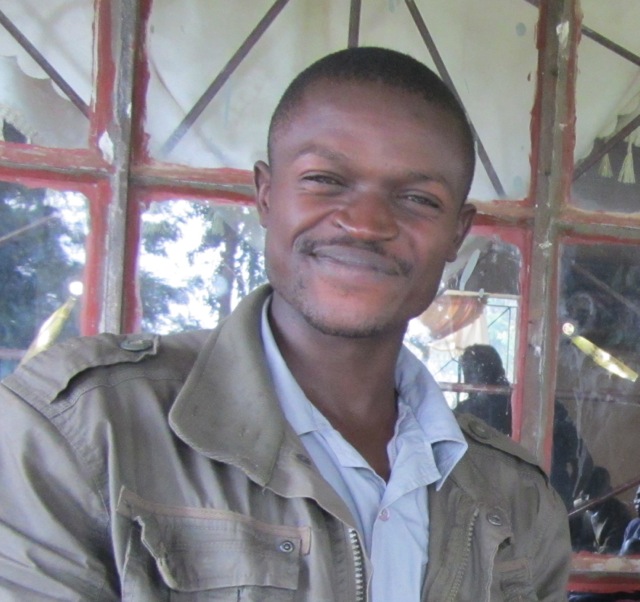
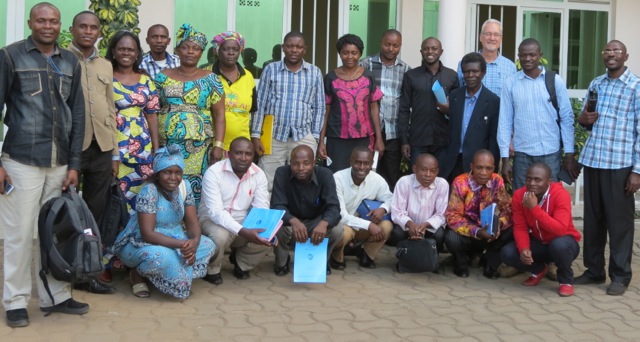

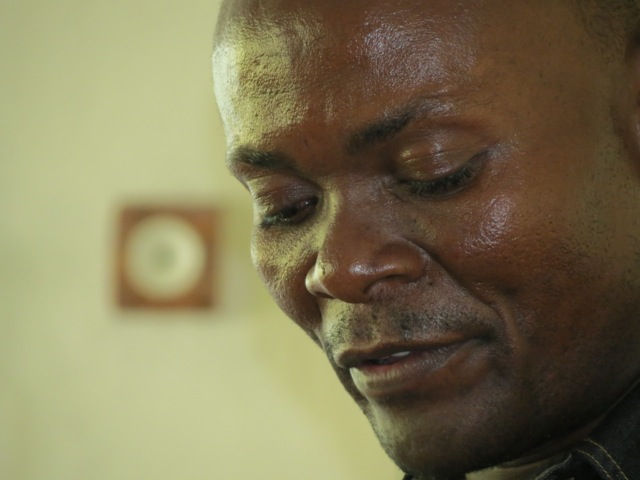


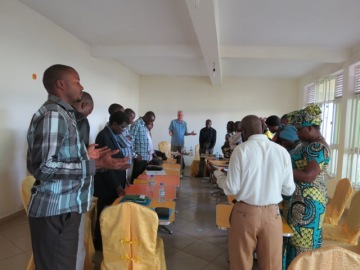 We
told them to bring only leaders who have started more than one church
so that we could encourage the most fruitful leaders. They brought 20
men and women!
We
told them to bring only leaders who have started more than one church
so that we could encourage the most fruitful leaders. They brought 20
men and women! One woman, Joyce, described how God worked a miracle for a neighbor as they reached out to her:
One woman, Joyce, described how God worked a miracle for a neighbor as they reached out to her:
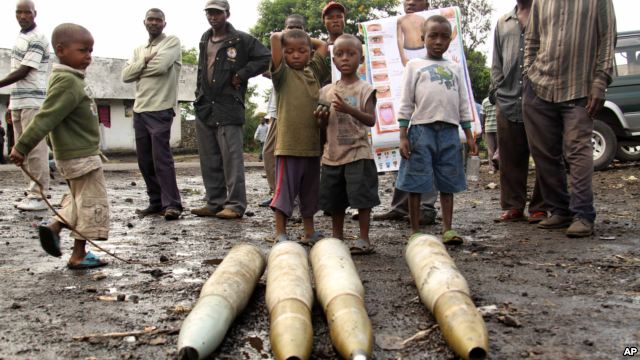

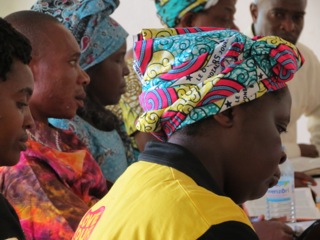








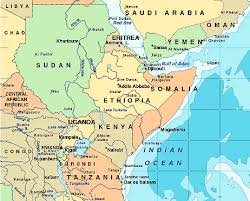 (May
1) As I write, sitting on our bed, mosquito net hanging down, I listen
to the bleating of a goat no doubt missing it's mom and a thousand
crickets chirping the night away. Massive Lake Kivu sits proudly a short
distance away dividing Rwanda from DR Congo. Feeling small and
insignificant in a continent of turmoil and distrust interspersed with
periods of stability, I am once again reminded of the greatness of our
God. As David declared, "I look at the heavens and know that you are
there … and who could deny it?"
(May
1) As I write, sitting on our bed, mosquito net hanging down, I listen
to the bleating of a goat no doubt missing it's mom and a thousand
crickets chirping the night away. Massive Lake Kivu sits proudly a short
distance away dividing Rwanda from DR Congo. Feeling small and
insignificant in a continent of turmoil and distrust interspersed with
periods of stability, I am once again reminded of the greatness of our
God. As David declared, "I look at the heavens and know that you are
there … and who could deny it?"